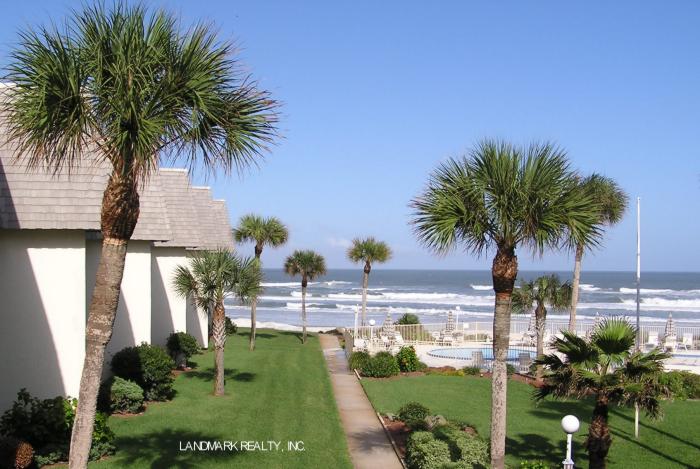
America’s middle class hasn’t been in a bind like this for decades. Hundreds of thousands of families will lose their homes this year. The number of forced auctions stands at more than two million, a fact that scares not only the little guy but also the banks and politicians.
Especially hard hit by the crisis is the vacation and retirement paradise, Florida. The real estate market there was running hot between 2000 and 2005, so hot that some prices quadrupled. Then, suddenly, everybody wanted to sell and get out because they couldn’t pay their mortgages any more. Prices took a nosedive. Penury under the palms.
Last month, out of pure curiosity, I accompanied a real estate agent through several Miami Beach neighborhoods. What I saw was heartbreaking. Empty houses with abandoned children’s swings standing in the yards. Or young (and very old) owners almost begging, “Please buy my house before the bank repossesses it and I’m left with nothing.”
The numbers speak for themselves: last year alone the market fell by 30 percent.
In many areas, prices have been halved since their high point in April 2005. On Normandy Isle, an island between Miami Beach and Miami, I saw a beautiful little house done in art deco style. It had four bedrooms, 3 baths, a small yard with palm trees and hibiscus bushes, plus a pool. All that, and only a 10-minute walk from the beach. Price: $425,000 (280,000 Euro). The owner paid $820,000 for it two years earlier and took a $650,000 mortgage. The bank is even open to offers under $425,000. In America, that’s called “cutting your losses.”
But now perhaps the turning point has been reached. CNN News reports: The vultures are coming.
Vultures are those investors who enrich themselves on the misfortune of others. It’s a negative term that the vultures hate to hear. They say, “We were smart and waited for the right time. Besides, people ought to be happy if we’re buying.”
In fact, they are the best indicator that the worst times are already past, that the storm has been weathered. They are the cool calculators who are interested only in figures. The house I mentioned above is a good example. Whoever pays $400,000 for it and puts $40,000 down, pays the hurricane insurance, property taxes, interest and amortization will have a monthly outgo of about $3,000. The going rent for such a property is between $3,600 and $4,000 a month. A veritable bargain, then.
But who are these vultures? On the one hand, they are clever small investors who have long wanted to buy a house but found the prices too high. On the other hand, they are the large investment companies who swallow up entire apartment buildings or bank packaged mortgages of properties to be auctioned.
Then there’s a third group who are in the so-called 1-A position, namely German, Italian or Russian buyers who have always dreamed of owning a home in Florida (or elsewhere in the USA) or just want to shield assets from their tax authorities. They now have a double advantage. Not only have home prices fallen dramatically and selection been so great, but their Euro is also stronger than ever before.
Pessimists believe that prices will fall further at least in the coming year. But in the better locations near the beaches, the market could begin to rise as early as the next season. That’s when the weather is cold and unpleasant in Moscow, New York and Hamburg but exactly right in Florida.
Personally, I belong to the optimists. Whenever there are complaints, the Americans immediately start looking for solutions. The vultures circling overhead in Florida could be part of the solution. The bitter part: many middle-class families will fall by the wayside.
Anyone thinking they should act now to fulfill their dream of a Florida home should remember the three most important things about real estate: location, location, location. The nicest properties now on the market will sell first and will be the first to recover from the crisis. I think.

Leave a Reply
You must be logged in to post a comment.